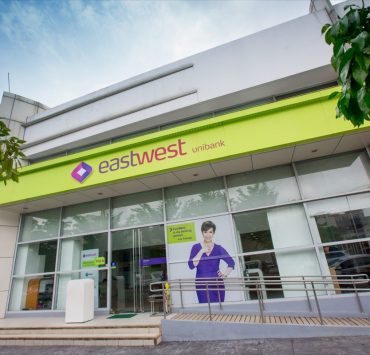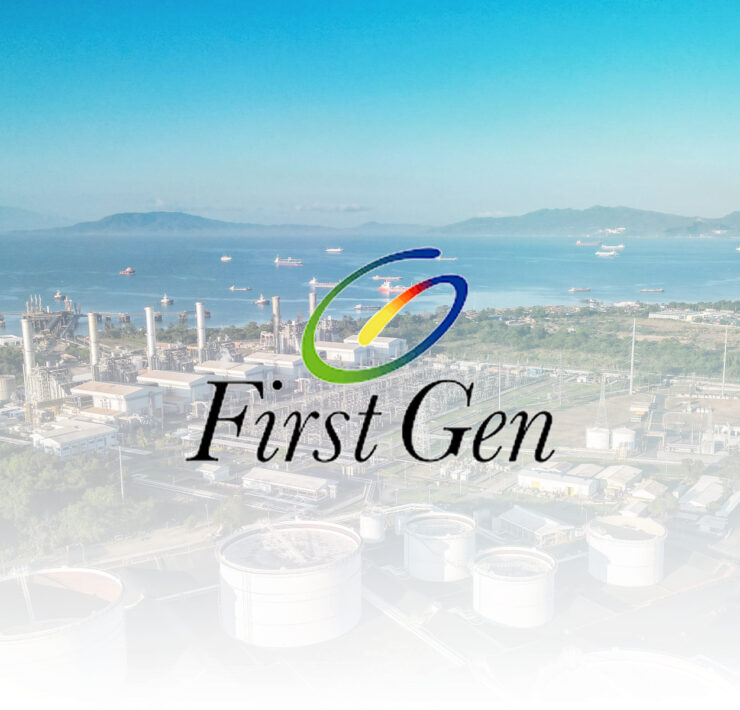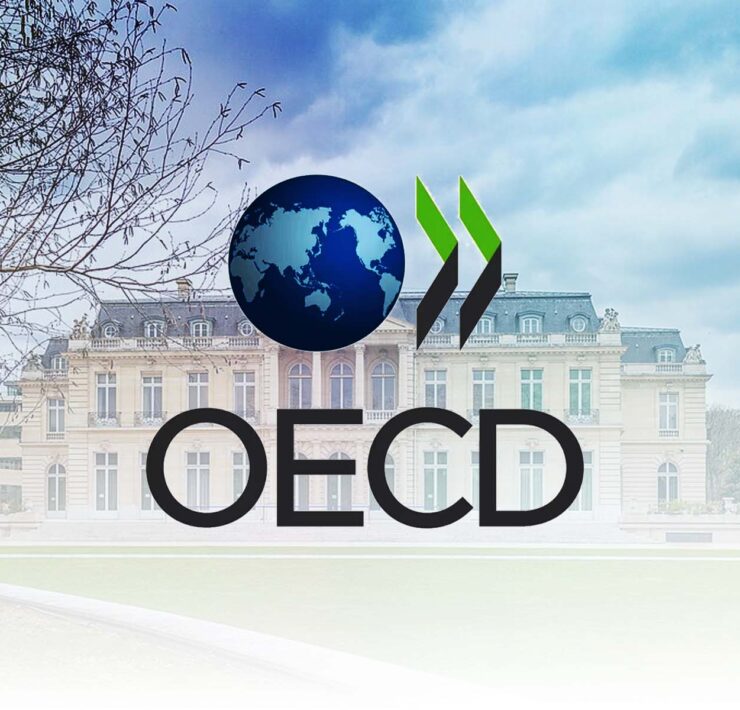Marcos okays 10-year ‘Tatak Pinoy’ road map to boost local firms

President Marcos has approved the “Tatak Pinoy” Strategy (TPS), a multiyear national industrial road map that aims to strengthen key sectors, create jobs and lift Filipino products and services to global standards.
Governed by Memorandum Circular No. 104, signed on Oct. 24, it directs all government agencies to prioritize local products and services in their procurement.
Under this policy, local suppliers can be awarded contracts if their bids are within 25 percent of the lowest foreign offer, thus ensuring that the government’s purchasing power directly supports Filipino enterprises.
According to the Department of Trade and Industry, the lead blueprint implementor, the TPS serves as a national framework for industrial transformation anchored on five pillars: people, infrastructure, technology and innovation, investments and sound financial management.
“The TPS empowers our MSMEs (micro, small and medium enterprises) and industries to innovate with purpose, produce with pride, and compete globally with confidence,” Trade Secretary Cristina Roque said in a statement on Monday.
The agency noted that the multiyear blueprint operationalizes the Tatak Pinoy Act and supports the Philippine Development Plan 2023–2028.
Signed in February last year, the law calls for supporting and promoting the production and offering of Philippine products and services that are increasingly diverse, sophisticated and globally competitive.
Priority sectors
The law created the Tatak Pinoy Council, chaired by the DTI secretary, which is tasked with crafting objectives and targets, conducting the necessary consultations and ensuring the proper implementation of the multiyear national road map.
Based on a prepublication copy detailing the TPS, it focuses on six major programs: upgrade key industries, help MSMEs; support local suppliers through government procurement; invest in infrastructure, skills and innovation; streamline government programs and boost high-potential businesses and regions.
It has identified nine priority sectors due to their potential to drive inclusive and sustainable economic growth and industrial development, such as information technology and business process management, food and agro-processing; cement, steel and construction Materials, and semiconductors.
Completing the list are electronics and electrical devices; automotive, electric vehicles and automotive components; pharmaceuticals, diagnostics and health products; defense manufacturing; and chemicals and industrial inputs.
If fully implemented, the TPS can create 11.3 million jobs, add P6 trillion to P8 trillion to the economy and generate up to P900 billion in new government revenue.





















